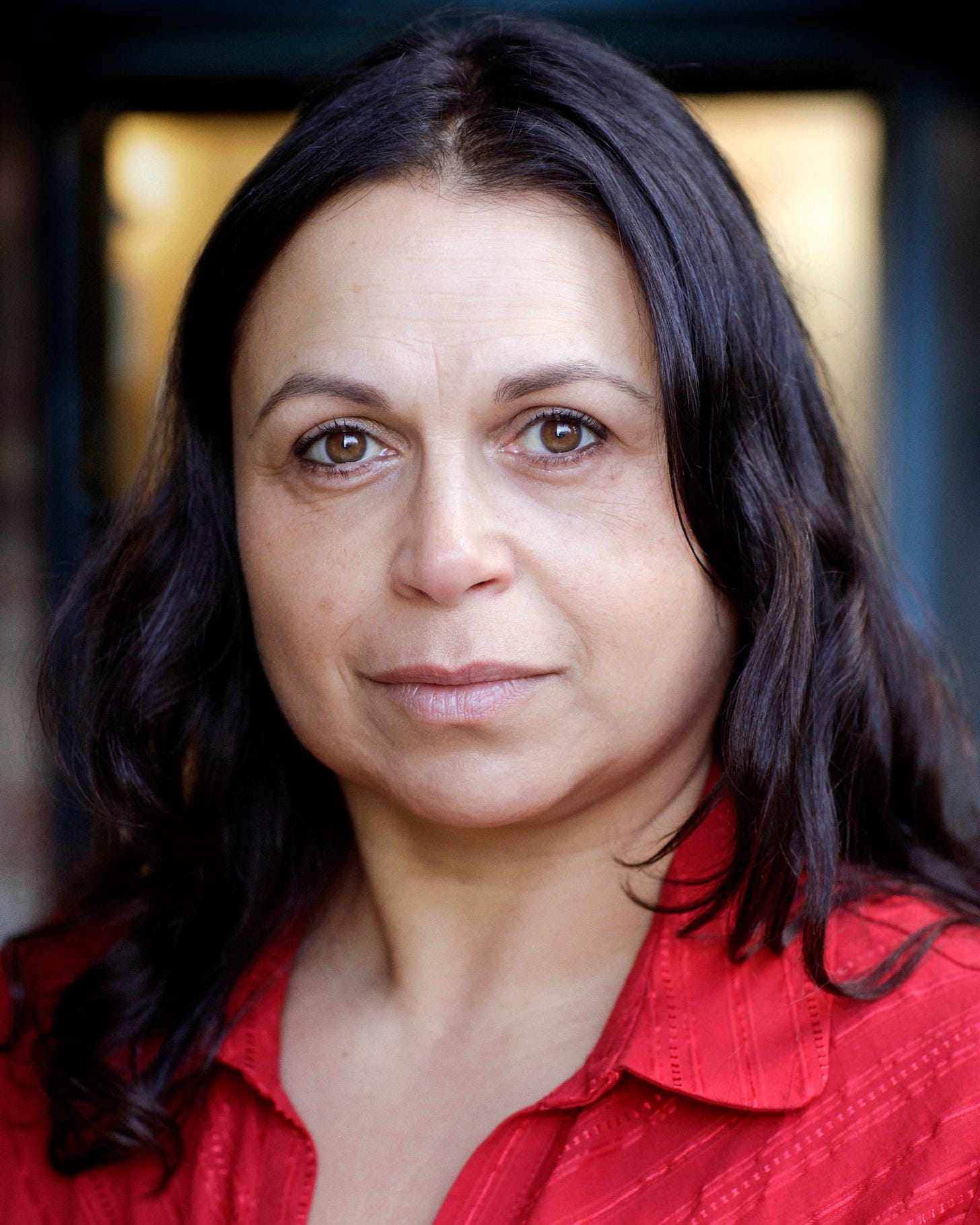Yasmin Wilde: “I allowed the other part of myself to breathe properly when I started acting”
The actress and playwright on keeping doors open, her colourful heritages and reclaiming identity
Hi, welcome back to Mixed Messages! This week I’m speaking to actress and playwright Yasmin Wilde, who is of mixed Pakistani and Austrian heritage. In her latest play Glitterball, Yasmin was influenced by her own mixed experience, exploring culture and identity through main character, Sonia. Here, Yasmin shares her experiences as an actress and how she’…


